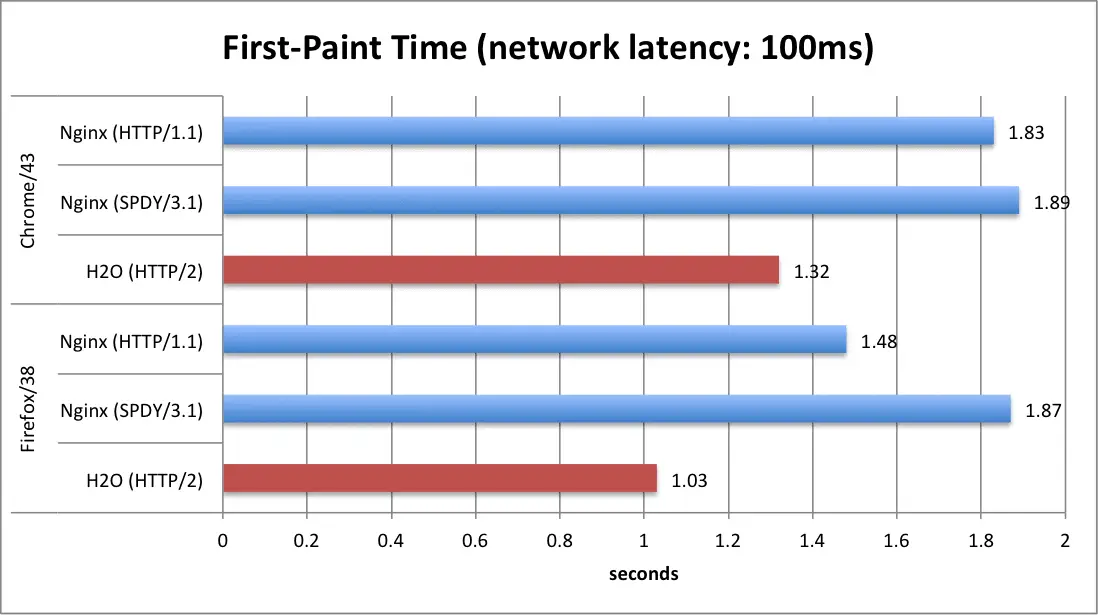CVE-2023-30847: High-severity vulnerability in H2O open-source web server software

As the digital world continues to evolve at breakneck speeds, developers are in a constant race to create faster and more efficient software. One area where this is especially evident is in web server technology. H2O, a new-generation HTTP server, has emerged as a frontrunner, offering quicker response times and less CPU utilization compared to its predecessors. By leveraging HTTP/2 features like prioritized content serving and server push, H2O delivers an exceptional experience for website visitors.
However, no technology is without its flaws. Recently, a critical security vulnerability was found in H2O, identified as CVE-2023-30847.

The Vulnerability: CVE-2023-30847 – invalid memory read in proxy handlerImpact
CVE-2023-30847, with a CVSS score of 8.2, is a security vulnerability that affects H2O versions 2.3.0-beta2 and prior. It occurs when the reverse proxy handler processes a specific type of invalid HTTP request. Instead of handling the request gracefully, the server attempts to build an upstream URL by reading from an uninitialized pointer. This leads to invalid memory reads in the proxy handler, which can cause crashes or leaks of sensitive information to backend HTTP servers.
The discovery of this vulnerability serves as a stark reminder that even cutting-edge technology is susceptible to security flaws. It also underscores the importance of regular security audits and updates to stay ahead of potential threats.
The discovery and reporting of this flaw are credited to @ElijahGlover.
The Fix: Patching CVE-2023-30847
In response to the discovery of CVE-2023-30847, the H2O team quickly sprang into action. A patch was developed and submitted as Pull Request #3229. The PR successfully fixed the issue and was subsequently merged into the master branch in commit f010336. This rapid response demonstrates the team’s commitment to maintaining the security and reliability of the H2O HTTP server.
Mitigating the Risk: Upgrading and Workarounds
To protect your H2O server from potential exploitation, it’s essential to upgrade to commit f010336 or later. As of this writing, there is no tagged version containing the fix. Keep an eye out for future releases, as the H2O team is likely to incorporate the patch into a stable, tagged release soon.




